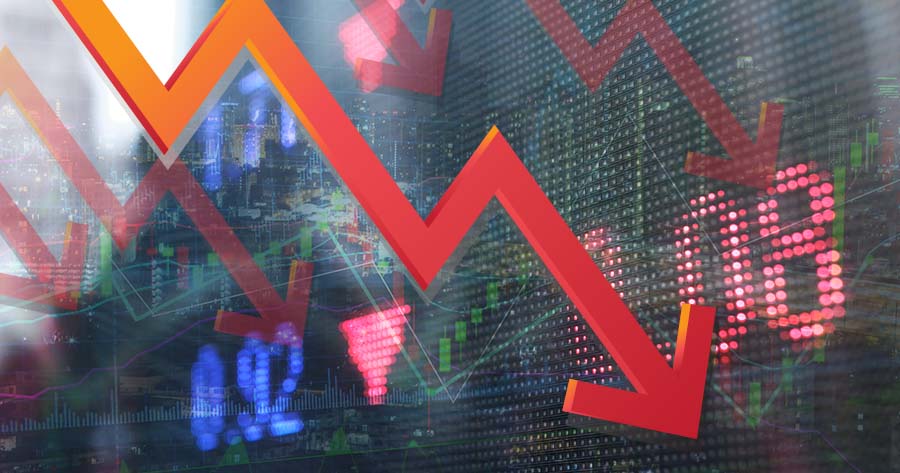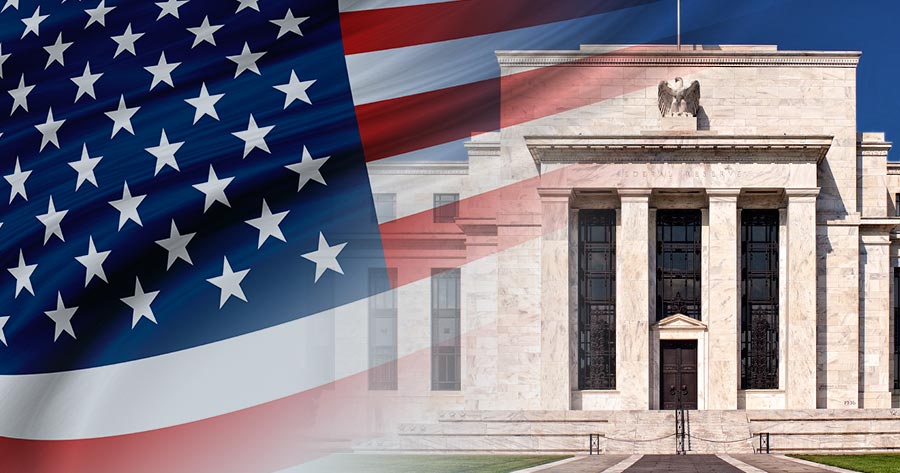Asian markets traded lower on Thursday after the U.S. Federal Reserve signaled for an extended period of rate hike cycle and a different approach to monetary policy, while Hong Kong’s Hang Seng led in loss.
As of 10:30 BKK time on Thursday, Shanghai’s SSEC fell 0.29%, Hong Kong’s Hang Seng plunged 2.52%, Australia’s ASX200 dropped 1.86% and Korea’s Kospi dipped 0.61%.
Meanwhile, Thailand’s SET Index made some gain in the morning session by 0.10%.
On Wednesday, the U.S. Federal Reserve raised its short-term borrowing rate by 0.75 percentage point, taking its target range to 3.75%-4%, the highest since January 2008.
The move was Fed’s fourth consecutive three-quarter point rate hike, following the decision in June, July and September. However, the Fed’s chairman Jerome Powell sent some signals of how the central bank will approach monetary policy to bring down inflation.
In the future monetary policy decision, the Fed will take into account the cumulative tightening of monetary policy, the lags with which monetary policy affects economic activity and inflation, and economic and financial developments.
However, Powell dismissed the idea of pausing the hike soon, but will discuss a possibility of slowing the pace down at the next meeting or two.
JPMorgan stated that it continued to expect the Fed to step down to 50bps hike at the December meeting and then again to 25bps at the January/February meeting but the risks are now for a higher terminal rate that is closer to market pricing.
At the same time, JPMorgan stated that the hawkish comments by the US central bank also pointed to a longer period at terminal rate, something markets have not fully (in)digested.





